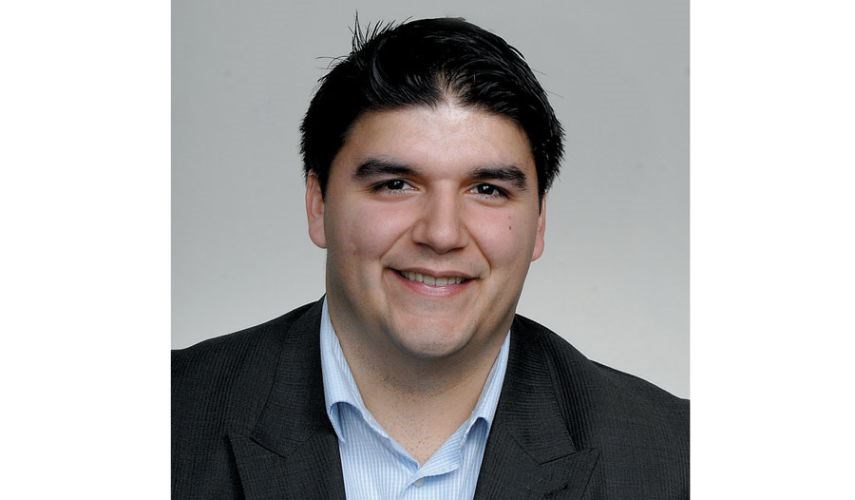Many people can point to certain historical events that occurred in their lifetimes as moments that went on to define their generation, perhaps even themselves. As we come to the middle of September 2016, I find myself dwelling on two dates in particular: Sept. 11, 2001, and Sept.14, 2008. On the former date, a stateless entity declared war on the free world by hijacking four planes, and on the latter, Lehman Brothers went bankrupt.
I've lived nearly all of my formative years under the threat of terrorism, and I have certainly lived all of my adult years under the economic uncertainty ushered in across the globe by the global financial crisis of 2008. In many ways, these two dates are the "moon landings" for my generation and we still feel its effects every time we apply for a job or even fly within Canada.
In fact, the over intrusive searches at the airport and the economic anemia have become so commonplace and expected that many of us, even those of us born long before these fateful dates, have forgotten what life was like before those momentous Septembers.
This is dangerous, as any hope to return to economic normality and global stability must be tempered and compared with what has been lost in the struggle between. The most cogent point in George Orwell's 1984 is not that the state has complete control (though that is quickly becoming the case these days as well) but that people cannot remember what life was like before the constant economic shortages and warfare against an unseen enemy.
Arguably, no one could have predicted this would be the state of affairs from the vantage point of my birthdate, Jan. 1, 1990. Communism had been defeated, America reigned supreme, and economic growth wasn't a surprise, it was a widely expected reality. Of course it is easy to romanticize the past, especially a past that many my age can barely remember. But the flip side of that equation is each time we think things can't get any worse, they actually do.
Or to put it another way, I'm not a 26-year-old in Communist Poland, Imperial Japan, Weimar Germany, or Austria-Hungary.
I'm also not a 26-year-old in the Third World during the decolonial period following the Second World War. Going one step further, I'm not even a 26-year-old in that great republic to the south during the most divisive and negative election in almost two generations.
I belong to a demographic that is in the prime of its life during the highest rate of technological accomplishment in human history, with a supposedly inevitable singularity just around the corner. So why do I feel so bummed out at this time of year? And why am I certain I'm not the only one who feels this way in my age group?
I think the answer is rather simple: we feel disproportionately affected by events far beyond our control. And this sense of powerlessness seems to only grow, all while the reasons given for the current state of affairs become harder to accept.
I'm well aware I am not the first to voice such ideas. There are many places where you can read more about the disembodiment of the economy, war, etc. and how that is putting enormous strain on everyone. What I will conclude with here is that we have yet to have a victory day in the 21st century for any of the great trials that face us as individuals, peoples, even nations. I pray the victory is not long in coming, as I'm afraid of what will come if we all lose hope.



